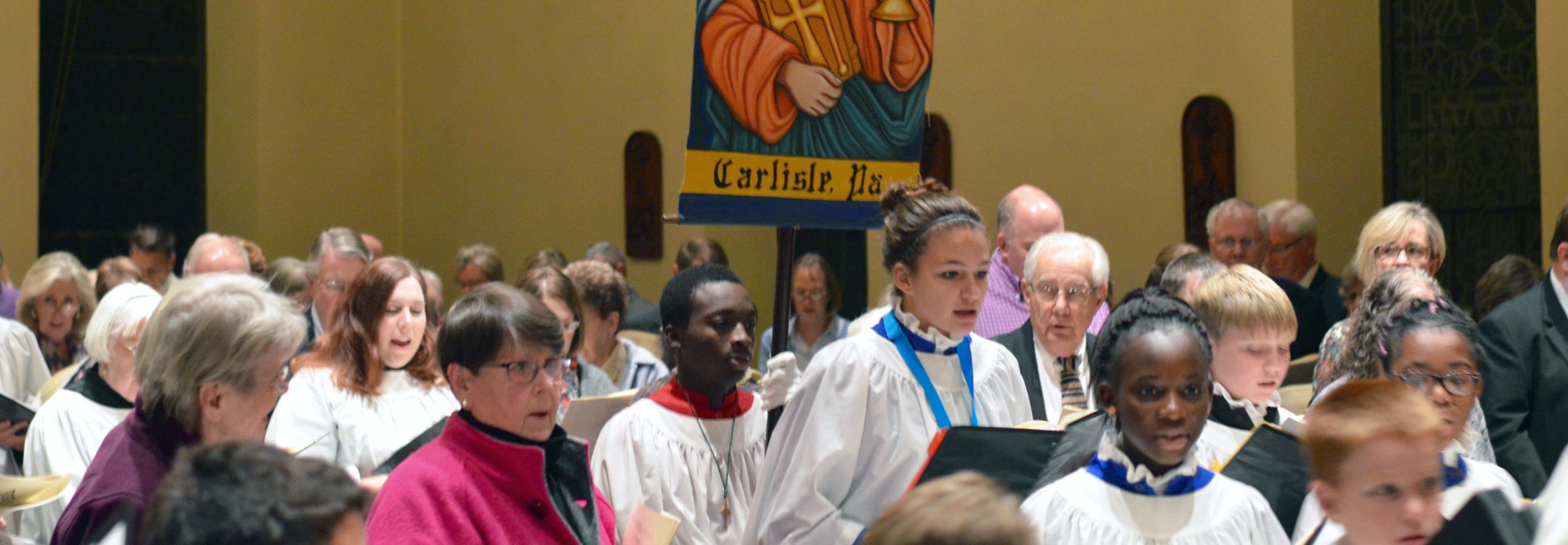As Labor Day comes and goes, people all around will start many conversations with the ubiquitous, “How was your summer? Or “Did you have a good summer?” Most of us have a knee-jerk responses to that question “Good” or Wonderful “ or really looking forward to the start of the school.” But, this much-loved and much-used question triggers some of us to think about the ephemeral nature of time. It makes us think about the summers when we were kids and played kick the can in the evening tide. It might make us remember a beloved grandparent who stripped us down after a day at the beach and rinsed the sand off our backs. As parents, it may make us think of summers gone past sitting by the pool making sure our kids learned how to blow bubbles and now realizing that there are only X number of summers to go before the whole concept of summer will disappear as our children go to college, get jobs, and forge their own way.
I began to evaluate my summer on a deeper level after reading an interesting piece called The End of Summer by Tim Kreider in the New York Times. The writer starts off regretting that he never got to visit Iceland, after years of planning to go, because a friend of his broke her toe and he spent some of his summer helping her get back on her feet. This change in plans and hopes makes him ponder the other things that didn’t go as “planned” this summer. He writes:
“Every reminder of forgone pleasures — the empty hammock I hardly ever lay in, a little sugar-cube melon that went bad before I’d even cut one slice from it — makes me want to cry. This end-of-summer melancholy is a common experience, even a cliché. Part of it of course is just my dread and hatred of back-to-school time, unchanged since childhood. The whole world of work and productivity still seems to me like an unconscionable waste of time; the only parts of life that really matter are the summers, the in-between times — the idle goofing off.”
He continues to reflect on the things he missed doing this summer, but then takes a turn and points out the things he did do because of his change in plans. Less romantic things like eating at Taco bell in a hospital room with his friend and drinking wine on a porch in Baltimore and … but good things he did enjoy doing. And finally he draws much of his thoughts together by saying, “
I suspect that the way I feel now, at summer’s end, is about how I’ll feel at the end of my life, assuming I have time and mind enough to reflect: bewildered by how unexpectedly everything turned out, regretful about all the things I didn’t get around to, clutching the handful of friends and funny stories I’ve amassed, and wondering where it all went. And I’ll probably still be evading the same truth I’m evading now: that the life I ended up with, much as I complain about it, was pretty much the one I chose. And my dissatisfactions with it are really with my own character, with my hesitation and timidity.”
Now this isn’t exactly a resoundingly upbeat take on the carefree nature of summers. It puts a lot of weight on the Western custom of summer-its symbolism, its import, its worth. And in a very Western fashion time becomes a commodity, an enemy because there is never enough. And even when there is enough time, time shows us that we can’t control it to our needs and desires and whims. And time even teases us because when we are having a good summer, we wonder will we next year? Can we replicate it at all?
Such thoughts on time are far flung from the wisdom of the Psalms. The psalm appointed for today takes all this angst about time and reshapes our perspective. You will find Psalm 146 at the beginning of the end of the Psalter. In this way, we are called to pay special attention to its meaning as it creates a crescendo of our prayers and thanksgivings and perceptions of the Holy One of Israel.
Instead of viewing human beings in an epic struggle against the demon of time, the psalmist points to God’s provision of all things, including time. In fact, the Psalm begins with the Hallelujah, a call to praise, reminding us that it is through praise that we come to know and feel and experience God’s providence towards us. The psalmist reinforces this point by mentioning the name of God eleven times in one psalm, thereby saturating the name of God in the Psalm. Such repeated references to God are to remind us of the ubiquitous providence of God—and perhaps the ubiquitous presence of God, surrounding us in all things and in all times.
Praise is a life-long vocation for the Psalmist. For in praise of God, we reframe our very existence. The Psalmist says, “I will praise the Lord as long as I live, I will sing praise to my God all my life long.” In this statement, we are reminded that praise is not just the aim of life, but all of life is praise. And in the closing of the psalm, time is claimed by God alone. For the psalmist declares, “The Lord will reign forever, your God, O Zion, for all generations.” In this simple statement we are reminded that the God of Israel is our God and that this God is beyond all time and all space from generation to generation.
When we set this Psalm against the reflections by Tim Kreider, we begin to see that time is not always like a toddler who needs to be corralled and controlled. Time, according to the tradition of the Hebrew Bible, is not entirely linear. Time is not meant to be clutched. Time is in the hands of God. And the only way any of us are going to get a true handle on this idea is not by thinking about and evaluating it and analyzing it, but by living it.
Just like the Psalmist we are invited to praise God. Each week, in this space marked and set aside by the name, Sunday, the Lord’s Day, we are invited into a new understanding of time. Our liturgy points to God as the author of our salvation and we are invited to praise God in the fullness of time. We are even reminded that countless throngs of angels stand before you to serve you night and day, and beholding the glory of your presence they offer you unceasing praise. Joining with them, and giving voice to every creature under heaven, we acclaim you and glorify your name.

